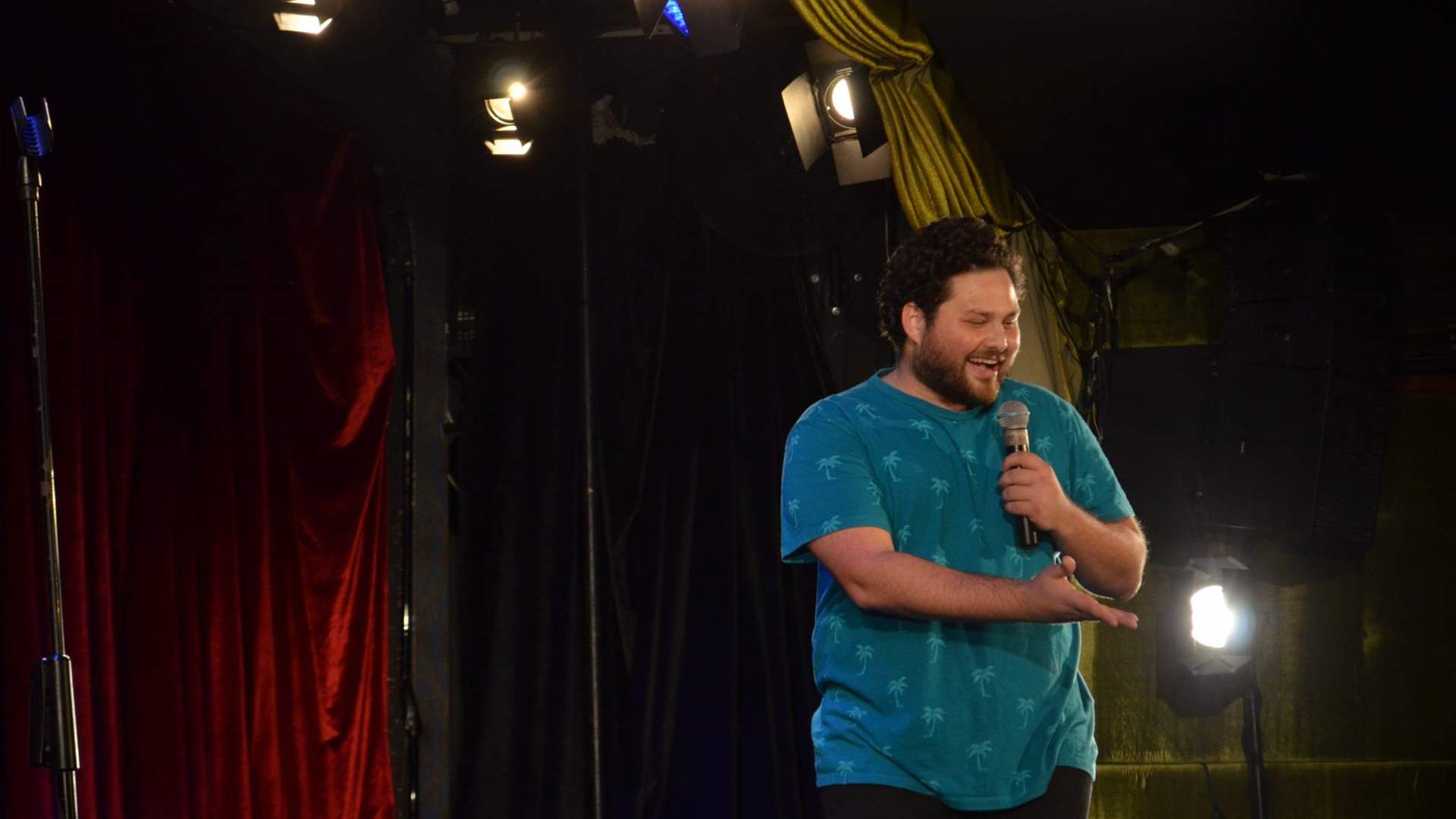Comedian Nour Hajjar was released on Tuesday evening after Judge Ghassan Oueidat retracted his decision – for now. Having been detained for hours, friends of the comedian and a number of political and activist groups were also on the ground outside the Palace of Justice in a show of support.
The Latest Developments in Nour’s Case
Beirut Today managed to acquire the input of lawyer Diala Chehade, who is following up on Hajjar’s case. Following up on the latest developments, Chehade explains that judge Ghassan Oueidat asked for a review of the case at a later time, which means that a decision could be taken to either prosecute Hajjar or to shelve the case.
“We hope that this review includes the prevention of an increased confiscation of Nour’s freedom,” highlights Chehade.
She explains that such a crackdown was “based on a joke from which a part was taken in a malicious and intentional way, especially that he performed the joke in a theatre more than five years ago,” explains Chehade. She adds that a period of five years is beyond the legal time limit of similar actions for such issues.
The Implications for the Comedy Scene in Lebanon
Hajjar’s case wasn’t the first time that comedians in Lebanon are legally and socially challenged, as recent crackdowns have increasingly raised alarms regarding the overall state of freedoms in the country.
“I think it’s very absurd what’s going on right now,” commented Ahmad Seifeddine, fellow comedian at awk.word. “I don’t think it’s necessary right now with everything that’s going on at the moment, especially that today Riad Salameh was supposed to be here for investigation, Salameh didn’t come and we did not see anyone moving for that.”
Commenting on what this means for the broader comedy scene in the country, Seifeddine explains that “we’re not gonna stop doing comedy just to satisfy them. We’re not gonna stop going on stage saying whatever we want. On the contrary, it implies that “we’re doing something right, that we’re doing something for freedom of expression..”
A Part of Systematic and Intersecting Systems of Oppression
Commenting on how the campaigns by conservative groups came concurrently with legal action against Hajjar, protester Mohammad El Sahily opines that “they all serve the interests of the same ruling class, and this ruling class will be jeopardized if people speak up, if people attack its foundations.”


